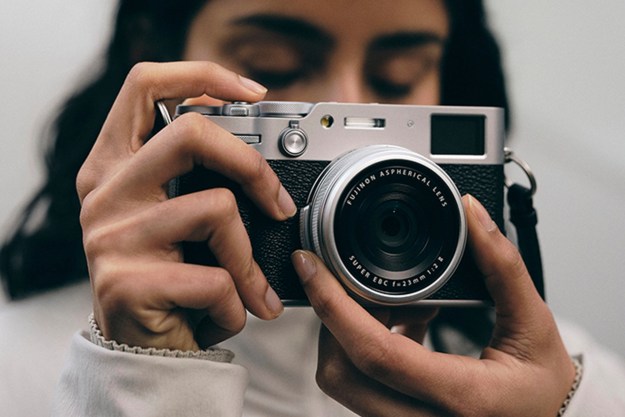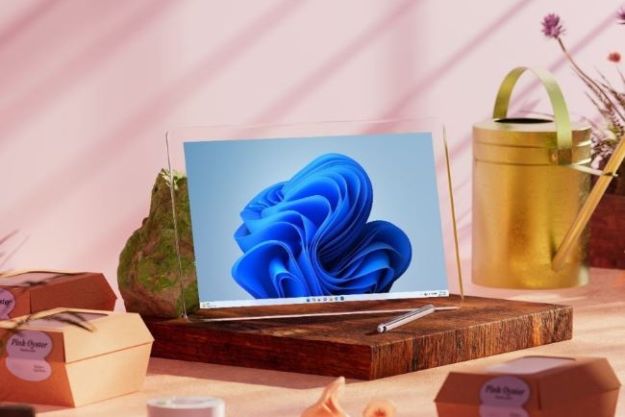Whether we like it or not, having cameras track our every movement in public is part of every-day life, as surveillance is commonplace in many major cities these days. The computers tied to these cameras have also become more sophisticated, with the ability to analyze our faces – like something out of science fiction. Face recognition software is already being employed by law enforcement, and in one case it has helped to convict a repeated felon.
In a city as crime-ridden as Chicago, it is easy to see why the police would employ modern technology to aid in the prosecution of criminals. And this first, small success for the Chicago PD proves not only that the technology works, but also that using it was the right choice – at least from the point of view of law enforcement. Whether the use of modern face recognition software is also morally and ethically correct is an entirely different matter, though.
Chicago’s police is using software provided by NEC, called NeoFace, which analyzes faces in surveillance video streams, in real-time, compares them to known entries in a database, and is able to send out immediate alerts. In the case of Pierre Martin, the software did its job admirably, recognizing his face in surveillance footage from the Chicago Transit Authority cameras, and aiding in his conviction for repeated armed robbery. In his case, an earlier mugshot helped with the identification and led to a 22 year sentence.
The promotional video below, which shows the way that NEC’s NeoFace system operates, paints another, different picture, though. Under the premise of making cities safer places, the video basically propagates total surveillance of everyone, at any time. The thought of having a computer system analyze every citizen’s face in real-time and comparing it to a database of registered offenders is creepy, to say the least, as it basically puts the whole population under general suspicion.
The key phrase that will be employed in defending the use of such technology is that, “who has nothing to hide, has nothing to fear.” But then again, can it be guaranteed that the software is fail-proof? And what’s more: In a time where privacy is a prime concern of many people, how can we be certain that the information about our whereabouts isn’t used (or even abused) in other ways? Who will protect the population from total, Big-Brother-like control, as sketched in George Orwell’s Nineteen Eighty-Four?
This is admittedly a pretty drastic scenario, but it is one that needs to be discussed when talking about surveillance, because it is a possible and realistic one. Despite all privacy concerns, though, from a purely technological standpoint, the fact that face recognition has become potent enough to track down criminals is not only incredible, but also reassuring that, indeed, technology can help make this world a better place – provided that it is being used in the right way.
(Via DIY Photography, Chicago Tribune)


